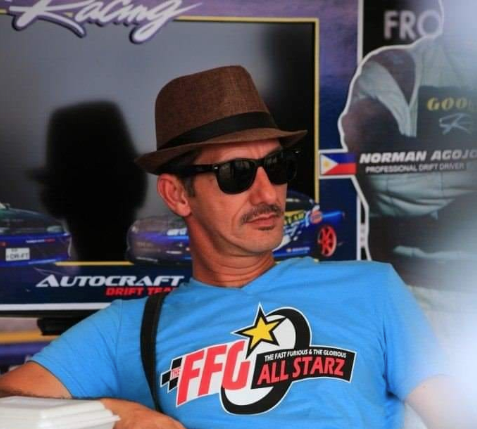
- April 16, 2024
- OWM TV
- 0
DJ Deon, a South African dance music icon, helped shape the country’s vibrant club scene during the late 80s & 90s. We sat down with him to revisit some of his residencies at the legendary Thunderdome Mega Nightclub and Qs Supper Club in 94, Razzamataz, Pure Platinum, Motown Jazz Boulevard and Crystal Palace that brought about the evolution of dance music in South Africa, and his enduring passion for keeping the dance floor packed and moving.
DJ Deon, let’s jump back to your early days. What was the club scene like in South Africa when you started DJing?
DJ Deon: It was electric! House Music was reigning and Dance music was just exploding globally towards in the Mid 90s, and South Africa was right there at the forefront. We had this incredible energy, a real sense of unity on the dance floor. It wasn’t uncommon to have people from all walks of life coming together and just losing themselves in the music.
You were a resident DJ at the infamous Thunderdome Mega Nightclub in 92”. What made that place so special?
DJ Deon: Thunderdome was more than a club; it was an institution. It was massive, had an incredible sound system, first Club with a massive TV Video Wall with Awesome Laser Shows and the energy was just untamed. People came to three story Thunderdome complex to experience something wild, something unforgettable. As a DJ, it was pure adrenaline every night.
May people from all walks of life attended the clubs , so mention a few artist you met or toured with:
Wow what a question… I met so many amazing people indeed, from actors and actresses, local artists like Marc & Alex, Dr Victor & The Rasta Rebels, Tomorrows World, Slam Factory, Vick & Mell, T-KZEE, Boom Shaka, Mynie Grove, Zayn Adams, N2, to some Big name international artist ie, Chaka Khan, Keith Thomas, Atlantic Star, Imagination, and toured with American Legendary Icons The Manhattans, The Temptations and CeCe Peniston .
Dance music in South Africa has a distinct sound. How would you describe it?
DJ Deon: South African dance music has its own groove, for sure. It blends the soulful elements of American dance music with a distinctly African percussive flair. There’s also a strong sense of jazz harmony that runs through a lot of it. It’s a sound that’s both familiar and fresh, and it always gets people moving.
How has dance music evolved in South Africa since the Thunderdome days?
DJ Deon: It’s definitely diversified. We have a strong deep house and dance and jazz music scene, a growing tech-house and Nu Disco movement on the rise, and even some local takes on minimal dance music. But that core energy, that love for a good groove, is still there. South African dance music has matured, but it hasn’t lost its soul.
What are you up to these days, DJ Deon?
DJ Deon: I’m still spinning, of course! And also embracing the trends of being on various social media platforms to let the fans know we are still around, I love playing for new generations of dancers, introducing them to the sounds that defined my youth and is still the foundation in many new songs created today. I also do remix productions of various iconic songs to make sure the audience is taken on a musical experience from past to future and keeping that classic dance music spirit alive. Dance music is a journey, and I’m nowhere near finished with mine.
Any final thoughts for our readers?
DJ Deon: Dance music is about community, about togetherness, about losing yourself in the rhythm. Find a good club, find a DJ you connect with, and let the music take over. That spirit of Thunderdome, that feeling of pure joy on the dance floor that makes you feel like a teenager again– that’s something we can all hold onto.

